Tim Bergling, who we all better know as Avicii, is the man who took his electronic dance music to new heights by delivering chart-topping hits and electrifying performances. He seemed to be living every artist’s dream on the outside, but behind the scenes, his journey was full of struggles that went unnoticed.
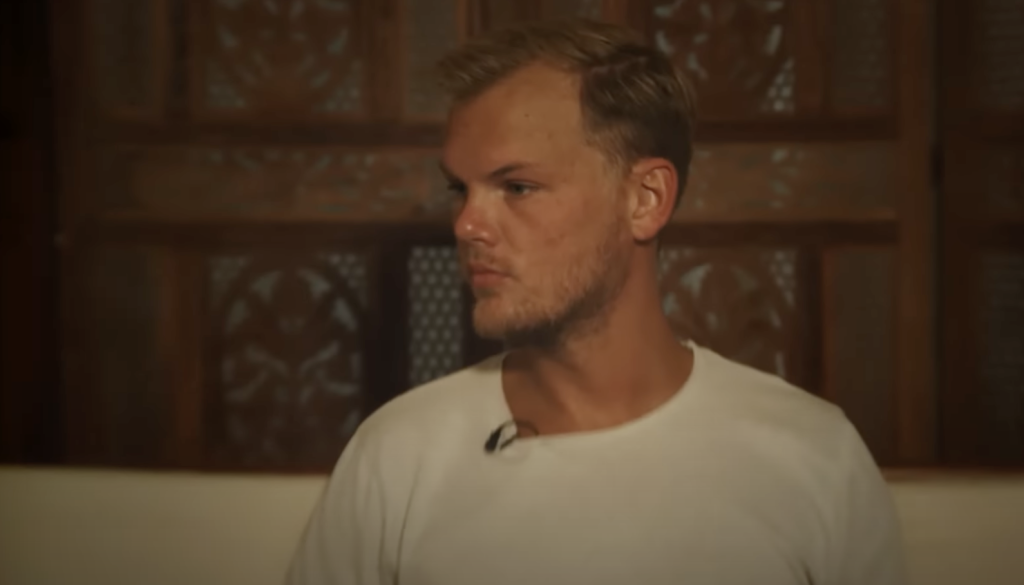 Avicii – I’m Tim | Netflix
Avicii – I’m Tim | NetflixAfter his untimely death in 2018, when he was only 28, the world was shocked and heartbroken. He was gone too soon and his story still felt incomplete. But perhaps Netflix’s documentary, titled Avicii – I’m Tim might give the fans the closure they deserve, as it features the highs and lows of the Swedish DJ’s life. Here are five key revelations about Avicii, from his health challenges to his mental struggles.
5 Music was Avicii’s first love
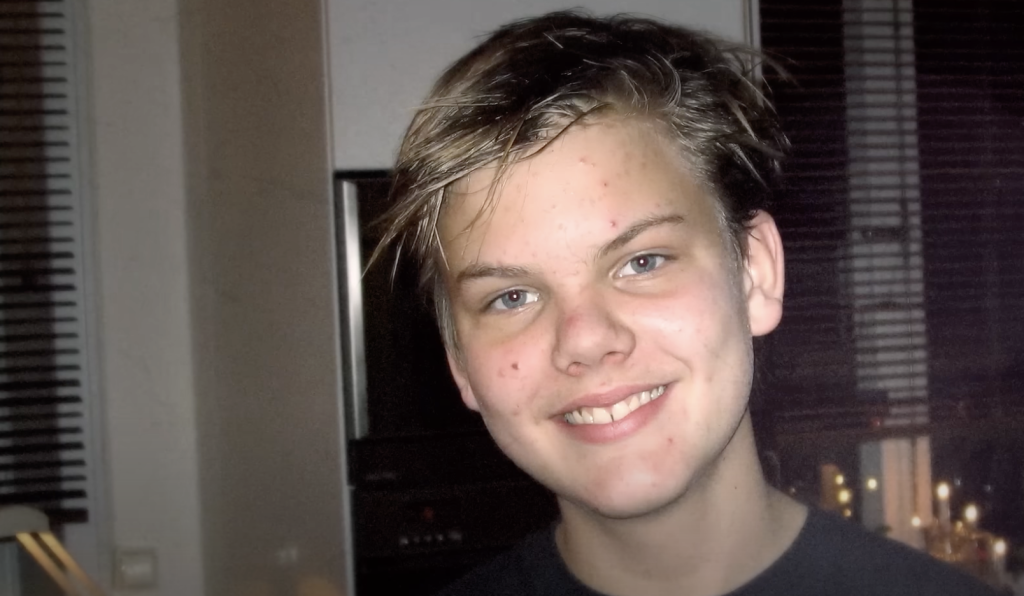 Avicii – I’m Tim | Netflix
Avicii – I’m Tim | NetflixLong before Avicii became a household name, he was a shy and introverted boy who grew up in Stockholm, Sweden. He found his peace in creating music and was fascinated by melodies as they sparked a deep sense of passion within him, and this intense feeling would later shape his career.
There are a few clips from Avicii’s home in the documentary and they reveal how the young DJ was already experimenting with sounds, showing his innate talent, that eventually made him a musical prodigy in everyone’s eyes.
There’s also a lot of emphasis on his sudden and rapid ascent to fame which first started with the breakout hit Levels, and that pushed him into global stardom. He collaborated with some of the finest artists such as Aloe Blacc, and Chris Martin from Coldplay. His connections within the music world further show how versatile and creatively gifted he is.
But fame did not come without its challenges, and the pressure to constantly innovate something started to take a toll on the artist. Moreover, the social demands of the music industry were also clashing with his introverted nature. In I’m Tim, he narrated that it was his passion for music that kept him going despite all the hardships.
“Music was my escape, my way of expressing myself when words weren’t enough,” he said in the documentary. So, it was clear that he was driven and dedicated to his craft, but the pursuit of success had begun to impact his health and well-being.
4 Avicii was facing health challenges
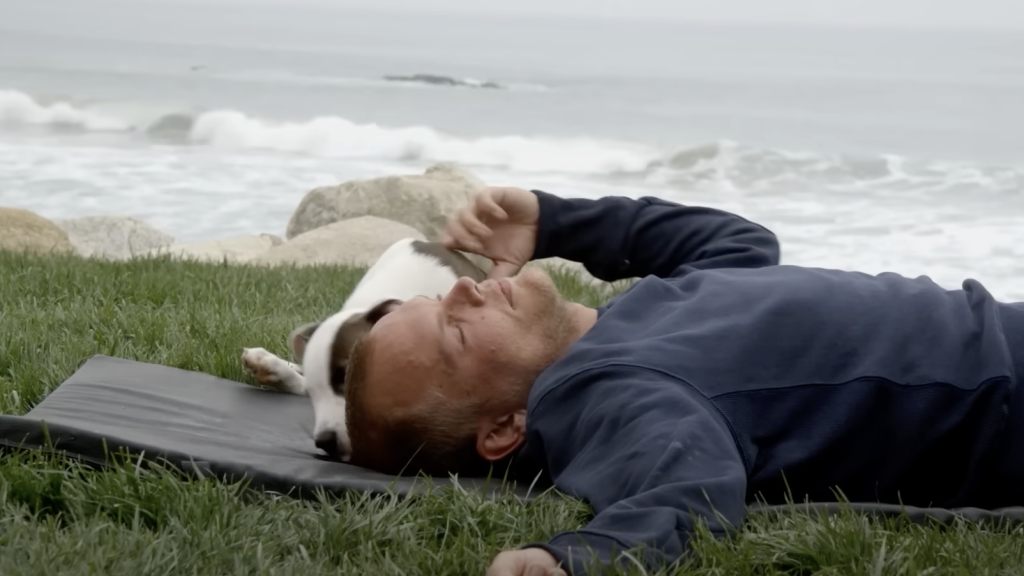 Avicii – I’m Tim | Netflix
Avicii – I’m Tim | NetflixThe most shocking revelation from the documentary was Avicii’s struggle with physical health issues, and they only kept getting worse due to his hectic touring schedules. As he got more and more famous, the career demanded a lot more from his body and mind.
His health challenges started with acute pancreatitis, which is caused due to excessive consumption of alcohol. He also underwent surgery in 2014 to remove his gallbladder and appendix, but there was too much physical strain from touring, which made him more vulnerable to such problems.
These surgeries and health issues were also impacting his creativity and ability to perform. The artist revealed that at times, the pain felt unbearable but he kept pushing through because he wanted to meet the expectations that his fans and the industry had set for him. People who surrounded him on the daily recalled how he used to often consume painkillers in an attempt to manage his symptoms. But this led to him forming an addiction which only worsened his case.
His father, Klas Bergling, recounted how devastating it was when he had to intervene in Avicii’s life, so he could stop his health from deteriorating any further. The intervention, which involved friends, siblings, and tour management, was a turning point in the DJ’s journey toward recovery.
This made Avicii take some time off and step away from touring in 2016, and he felt this decision was necessary for his survival. He was trying to find balance, and this time off was significant for him because, after a long and hard battle, he was finally able to focus on his health and well-being.
3 A deep dive into Avicii’s mental health struggles
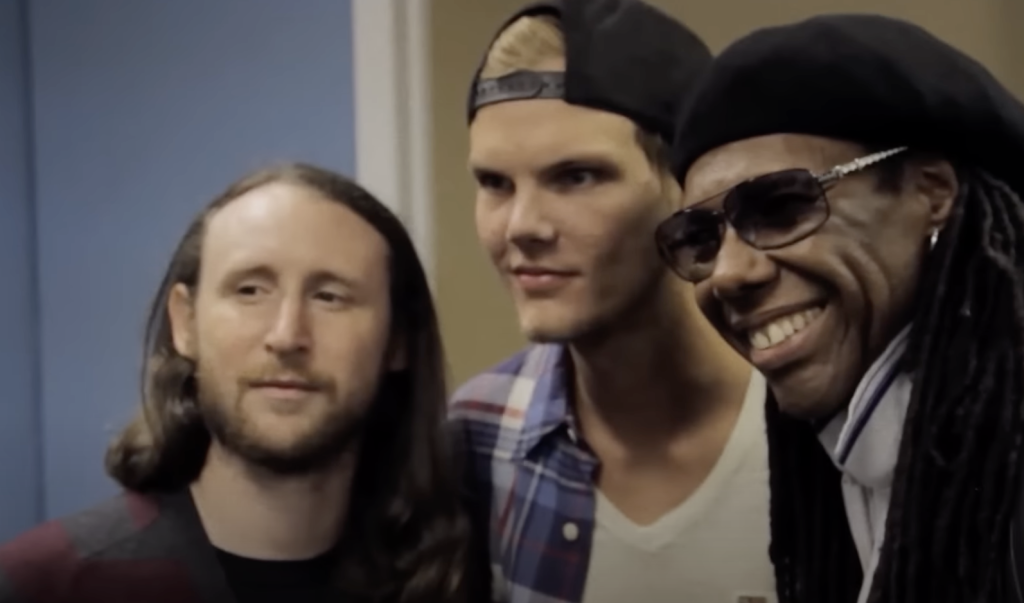 Avicii – I’m Tim | Netflix
Avicii – I’m Tim | NetflixThe central theme of the Netflix documentary was Avicii’s mental health, and it was heartbreaking to hear his candid voiceovers and journal entries where he was sharing how debilitating it was to live with anxiety and depression. He felt overwhelmed by fame, and couldn’t really understand what was happening to him either.
Due to the relentless demands of his career, he had little to no room for self-care or reflection. His addiction to painkillers first began as a justified way to suppress anxiety, but later, it became a coping mechanism, and relying on it was only deepening his struggles.
One of his close friends, Jesse Waits spoke about how fame took a toll on Avicii, explaining how he struggled to reconcile his onstage persona with his true self. But despite all the challenges, he sought help through therapy and opted for a lifestyle change.
2 Avicii’s final performance at Ibiza
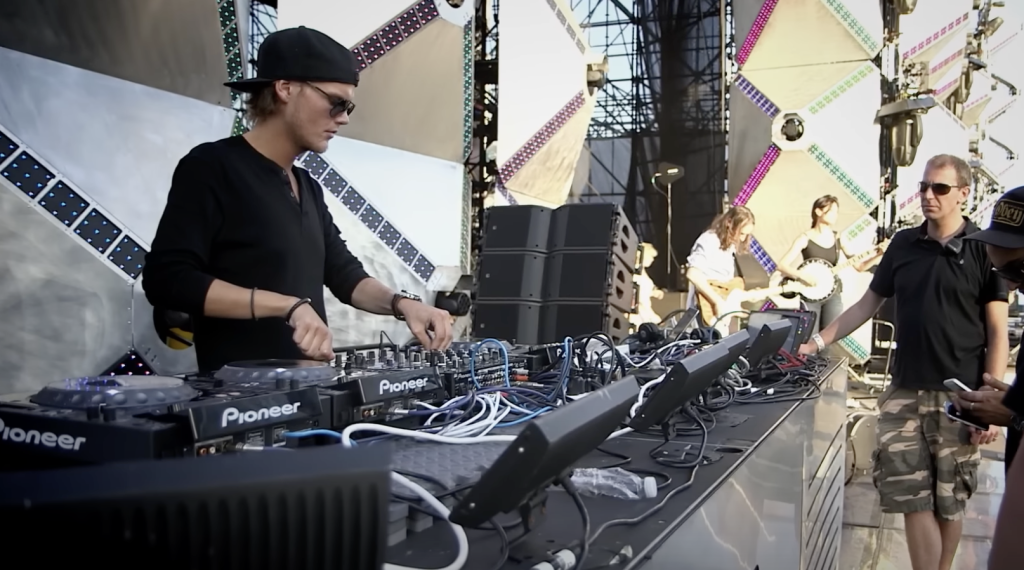 Avicii – I’m Tim | Netflix
Avicii – I’m Tim | NetflixOn December 31, 2024, Avicii’s final performance was released to the world as Avicii — My Last Show where we get to have a bittersweet look at his last show at Ibiza in 2016. The concert was the end of his touring career, where he celebrated his music and said farewell to the stage.
Friends and collaborators described the night as both triumphant and emotional, a testament to the DJ’s enduring impact on the world of music. But behind-scenes-footage in the documentary captures a raw image of the night where Avicii himself expressed his mixed emotions, saying that it was a difficult decision for him, but he knew it was the right one.
1 Legacy and Reflections of Avicii
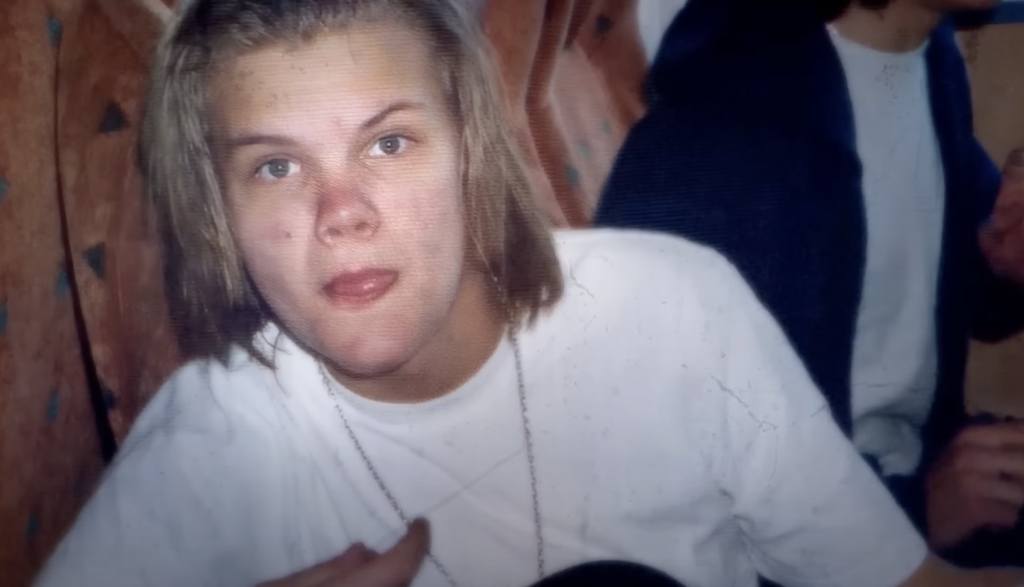 Avicii – I’m Tim | Netflix
Avicii – I’m Tim | NetflixAvicii’s legacy extends far beyond his music. In the years since his passing, his story has inspired conversations about mental health, substance abuse, and the pressures faced by artists in the entertainment industry. His father, Klas Bergling, has become an advocate for mental health awareness, using his son’s story to promote change.
The documentary puts his impact into perspective and shows how he desired to be remembered not just as Avicii but also as the person he was behind the stage name. It is certainly a heartfelt tribute to Tim Bergling’s ever-expanding legacy, inspiring us to celebrate his contributions while advocating for more awareness around mental well-being.
.png)
 4 hours ago
8
4 hours ago
8


































 Bengali (BD) ·
Bengali (BD) ·  English (US) ·
English (US) ·